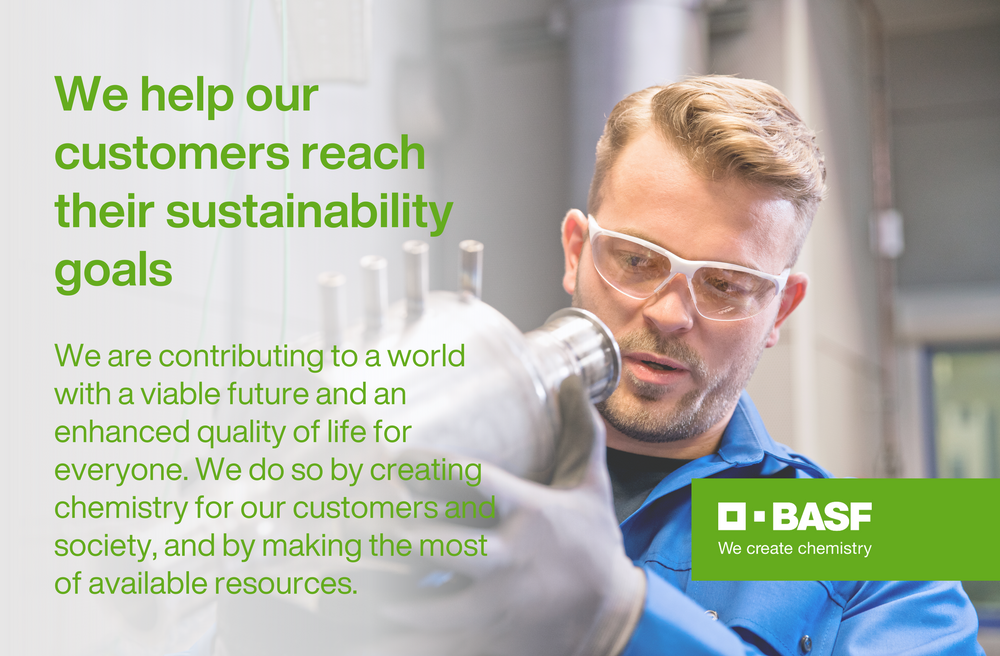22 September 2021

Significant reduction in the availability of domestic biofuels forecast in Sweden
A significant reduction in the expected domestic biofuel-capacity will be available for Swedish industry to reach the 2045 climate goals, according to figures in the new bio-strategy by Fossilfritt Sverige. In an earlier forecast from 2018, Swedish forests were projected to have the ability to cater to the needs of all segments of the industry, with a capacity of 178 Terawatt-hours (TWh). However, new calculations show that only 139 TWh may be extractable sustainably by 2045. The strategy, supported by 20 industry actors, includes an action plan that relies on an accelerated electrification of road transport, maximising the use of waste heat and still requires large deforestation plans (SVT, Dagens Nyheter).
Finland wants to establish state-owned hydrogen company: Private actors oppose
Finland's plan to establish a state-owned hydrogen company is confirmed by Tytti Tuppurainen, the Minister for European Affairs and Ownership Steering. The news came as a surprise to the dozen companies who are aiming to build and operate private hydrogen clusters in the country (KL).
National project to drive a circular economy in Sweden
A project led by RISE and Circle Economy is initiated to analyse Sweden’s circular economy. The analysis aids in identifying areas of improvement and underlies recommendations to accelerate Sweden’s circular economy by inspiring industry, government, academia, and society. Results and important recommendations from the analysis will be published in a Circularity Gap Report in 1Q22 which provides a global metric of the state of circularity in different countries and regions (Press release).
“Green” steel not climate friendly: Strong criticism aimed at Swedish steel producers
Investments in producing green steel by Hybrit and H2 Green Steel reduce emissions on a national level but not on a European or global level, according to Swedish researchers. The debate argues that the vast amount of electricity required to produce the hydrogen used in green steel production would be better deployed by phasing out coal-based power in Germany and Poland. “A better solution would be to increase carbon-emission costs enough to incentivise the steel industry to use more recycled steel,” said Christian Sandström, Senior Associate Professor at Jönköping International Business School, to SvD when asked about the danger of neglecting investments in innovative fossil-free steel production (SvD).
Strandmøllen to produce hydrogen and heat in Sweden
Strandmøllen is set to build its first hydrogen facility in Sweden, expected to begin operating in 2023, after being granted investment support from Klimatklivet, financed by the Swedish state. In proximity to the facility, a hydrogen fuelling station will be built to support the increase of sustainable transportation of hydrogen by heavy vehicles. The aim is to ensure a reliable supply of hydrogen across the delivery chain in Sweden, similar to that of Denmark and Germany. Additionally, waste heat from the hydrogen production will be utilised by Ljungbybostäder, a housing company in Ljungby municipality, to provide district heating to their properties (Electronic Supply).
What we’re reading
-
US to double climate finance again, but gap remains to $100bn (Climate Home News)
-
INEOS to switch Grangemouth refinery to hydrogen in $1.4 bln pursuit of net zero (Reuters)
-
China pledges to stop building new coal energy plants abroad (BBC)
-
British Steel warns of 50-fold increase in power prices (Financial Times)
About Nordic Green News
The Nordic countries are some of the most dynamic and successful economies in the world. They are also leaders in sustainability, from renewable energy, biofuels, carbon capture and storage and the hydrogen economy, circular economy business models and battery development, the Nordics are pioneers in policy design, technology development and consumer uptake. Mundus Nordic Green News is covering this transition for the international community. Every day we clip the stories of most relevance to international businesspeople and policy experts from the flow of news. Mundus Nordic Green Indices summarise the meta-data from our daily coverage to enable easy tracking of trends. We supplement these with our own opinion pieces and commentary.
